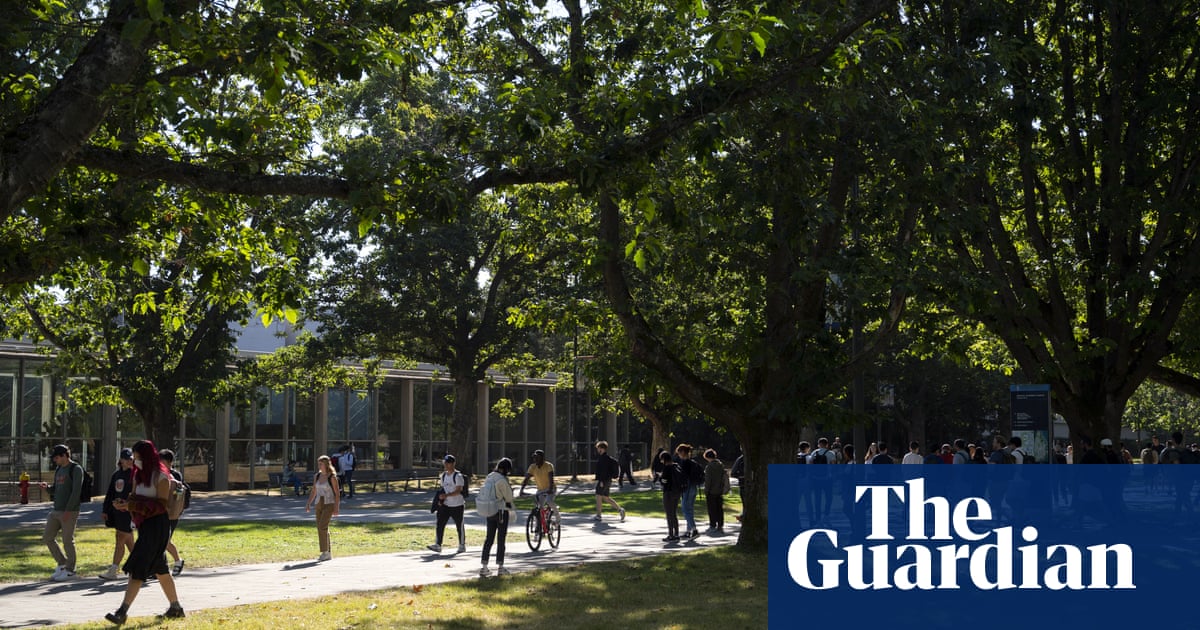People in Britain with heart failure are being given larger doses of drugs at the start of their treatment after a global study found that this led to a huge fall in deaths.
Experts say the new approach could mean those with the potentially fatal condition start receiving their ideal amount of medication within two weeks of diagnosis rather than after many months.
Evidence from other countries that have already used the treatment found it cut deaths from heart failure by 62% and lowered their risk of ending up back in hospital by 30%. Those were among the key findings of the Strong-HF trial involving 87 hospitals in 14 countries.
About 1 million people in the UK have heart failure, which is incurable. It means that the heart can no longer pump blood around the body effectively and leaves sufferers breathless and tired.
St George’s hospital in London and Morriston hospital in Swansea have begun treating patients with the innovative method, which those involved say “is a total gamechanger” for the condition.
Clinical staff likened the approach – known as “rapid titration” – to how cancer patients are given a full dose of chemotherapy medication from the start of their treatment to improve their chances of recovery.
“Heart failure is a silent killer, so this new way of treating patients is a total gamechanger that I never thought I’d see in my lifetime. It will save many lives and bring hope to so many families,” said Matthew Sunter, the lead heart failure nurse at St George’s.
“In days gone by, we would start patients on a very low dose and increase it by very small doses. It could take nine to 12 months to reach the optimal dose.
“Strong-HF has allowed us to think completely differently. For the first time ever, we offer patients a review one week after discharge and we can catch them before they get sick enough to need to come back into hospital.
“And we can get them on to the recommended therapy for their heart failure within two to three weeks instead of nine to 12 months.”
The global trial showed that “once we establish patients on those drugs, we reduce their chance of dying by 62% and their chances of rehospitalisation for heart failure by 30%. That is huge and means we can prevent avoidable deaths while easing the pressures on our hospital,” Sunter added.
Prof Simon Roy, NHS England’s national clinical director for heart disease, said: “This treatment could transform the health outlook for thousands of people affected by heart failure. It is yet another example of how the NHS is delivering on its commitment to ensure patients have access to the latest and most effective treatments to help improve their quality of life.”
St George’s has used the approach with 14 patients who have been taken to hospital with heart failure and plans to use it with 100 more such cases a year. Morriston plans to treat 500 people from Swansea and Neath Port Talbot that way this year.
Dr Parin Shah, a consultant cardiologist at Morriston specialising in heart failure, said the drugs patients receive are so strong that they will have their blood pressure and kidney function checked before joiningtheir trial to assess their suitability.
“Not everyone will be eligible for this. Some people may not be able to tolerate such intensive treatment. We knew it would suit relatively few people, but it would benefit them considerably,” Shah said.
Emily McGrath, a senior cardiac nurse at the British Heart Foundation, said the treatment “looks hugely promising”.
The government has announced its aim to reduce avoidable deaths caused by Britain’s biggest killers, such as heart disease, stroke, cancer and diabetes.
A Department of Health and Social Care spokesperson said: “We commend the brilliant team at St George’s for this extraordinary breakthrough which showcases that the NHS is at the forefront of global medical innovation.”

 5 hours ago
5
5 hours ago
5













































